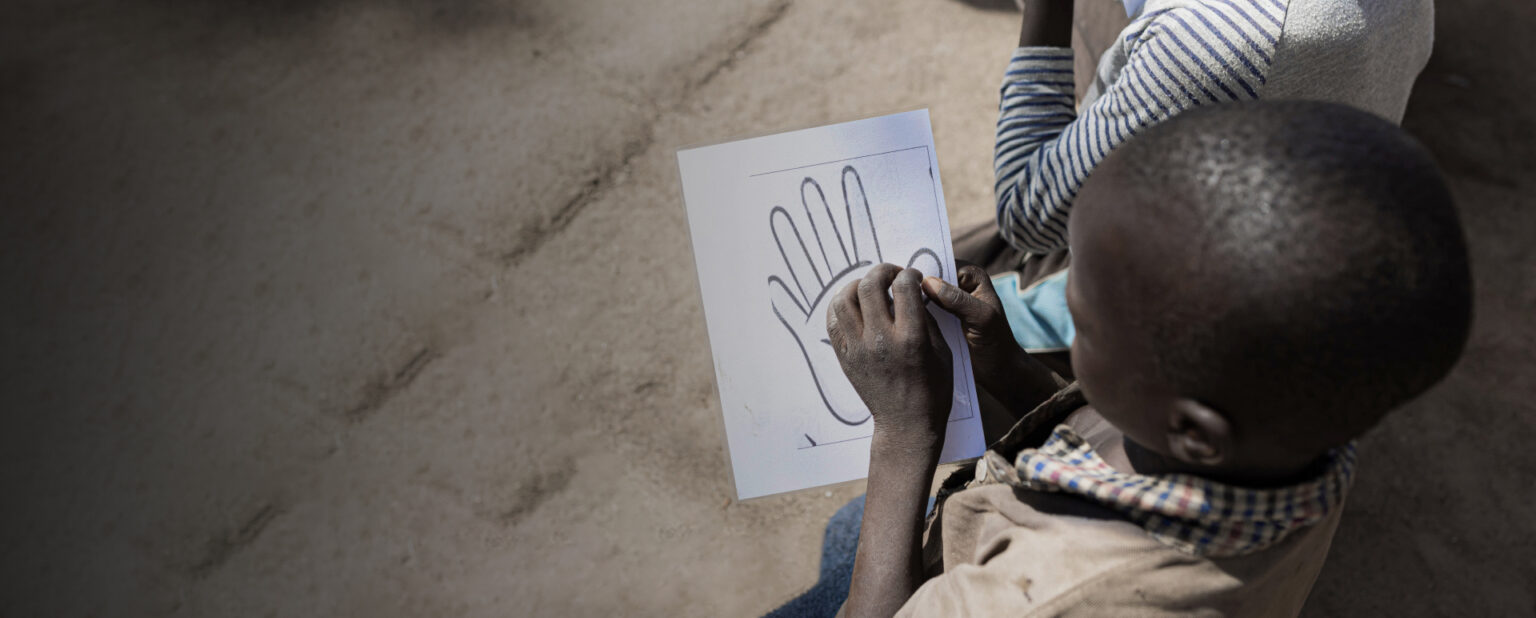

We tackle some of the world’s toughest challenges, empowering communities to build a better life through seven distinct initiatives. Alongside our partners and grantees, we work to bolster the development of early childhood interventions, enhance educational and career pathways for youth, invest in and empower Catholic Sisters across the globe, and support youth transitioning out of the foster care system. We invest in basic rights—like access to safe water services across sub-Saharan Africa and permanent housing solutions to help address chronic homelessness in Los Angeles County and support communities that welcome people displaced by conflict or persecution.
Our foundation is committed to leverage communities’ strength and alleviate human suffering through three key pillars:
With each endeavor, we are inspired by and learn from the organizations and individuals we work with. With every investment, we help create a better world, where all people and communities have the opportunity to thrive.
Discover how our initiatives fulfill the Hilton Foundation’s Mission, Vision & Values.
Strategy 25
Strategy 25 (S25) was approved in 2020 and outlines the priorities and goals each Initiative aims to achieve over a five-year period.

The Disaster Relief and Recovery portfolio provides fast and flexible funding for disaster prevention, relief and recovery measures around the world.
We support air transport partners in delivering urgent humanitarian aid globally in addition to providing vocational training and education in aviation and aerospace to underserved communities.

Discover more about our focus areas by visiting the Learning Hub